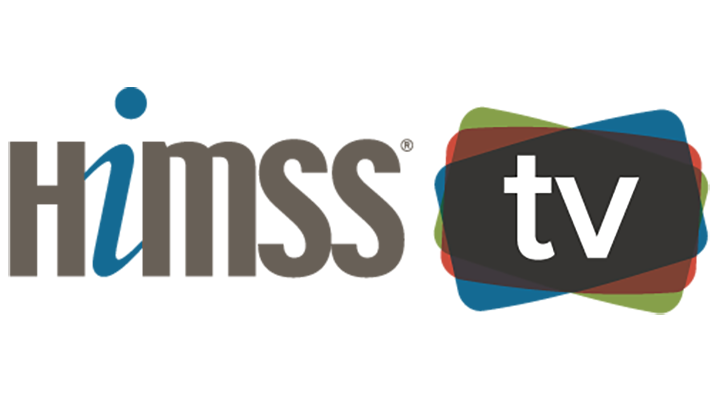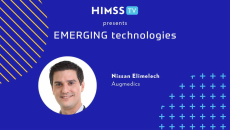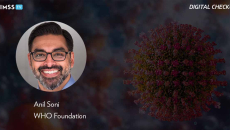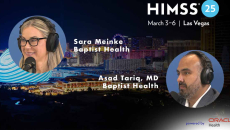HIMSS TV
Symplr's platform aims to integrate systems to reduce nurses' workload and give them more time for patient care. The company's Tony DiGiorgio says it can help nurses struggling with managing data across many digital tools.
The company's augmented reality surgical technology allows surgeons see a virtual spine overlay directly on a patient during an operation, eliminating the need to look at a monitor. Founder Nissan Elimelech explains.
As nursing continues to evolve, nurses must educate themselves on informatics and digital health trends to provide better care for patients, says Regina Wysocki, senior informatics program manager at Lone Star Communications.
The organization has a $3.6 million fundraising campaign, with dollar-for-dollar matching, to support the Global Measles and Rubella Laboratory Network in its mission to control both diseases. Anil Soni, CEO of the WHO Foundation, explains.
Sara Meinke and Asad Tariq of Baptist Health say they took an outcomes-driven approach to lessening clinicians' burden, helping reach the highest level of the community care maturity model.
Cooper University Health Care launched a social determinants of health hackathon to help solve systemic issues faced by its patient population, says Dr. Michael Kirchhoff, chief innovation officer.
Julie Johnson, RN, of the University of Chicago, says she was recruited out of clinical nursing to become a "translator" between IT teams and clinicians, helping turn data into insights that improve patient care.
Convening thought leadership and promoting maturity models that measure integration success are just two of the ways HIMSS is helping support and advance AI across the healthcare industry, said President and CEO Hal Wolf at HIMSS25 Europe.
The accelerator evaluates startups for innovation and scalability and connects them with industry partners to accelerate growth and ultimately bring their offerings to market effectively. MedTech Innovator CEO Paul Grand explains.
Rahul Mahadevan founded The WiTT Group to create a platform where patients can ask for help with specific needs after he saw other patients delaying or refusing treatment because of non-clinical obstacles.










